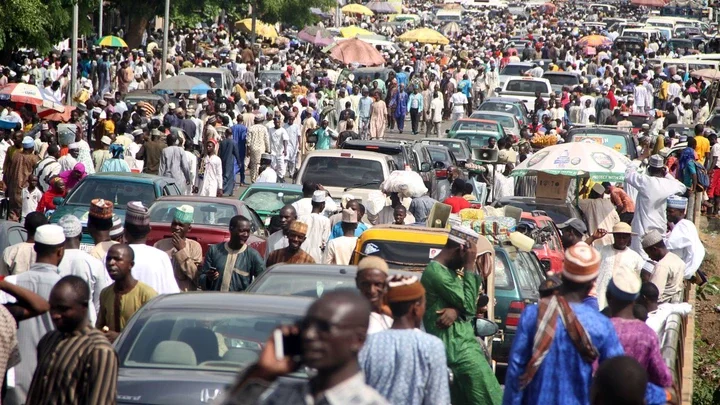
With the petitions arising from the conduct of the 2023 general elections almost concluded, Nigeria inches towards a one-party state.
This was recently acknowledged by the Peoples Democratic Party, PDP, though it heaped blame on the Independent National Electoral Commission, INEC.
The Labour Party, LP, on the other hand, believes that the core institutions responsible for fashioning democracy in the country have been bought over completely by the executive.
The PDP lost its position as ruling party in 2015 and is now the recognised leading opposition party.
However, the party seems to be far from assuming its role as the opposition voice in the country.
The mass sack of several members of the PDP and the LP has worsened the situation, with the surviving lawmakers appearing less ready to play the role of vibrant opposition.
Speaking to Newsmen on the losses suffered by the PDP through the judiciary and how vibrant opposition is needed at the moment, the national publicity secretary of the Labour Party, Dr. Aliyu Danko, said the Appeal Court has done a great disservice to Nigeria by some of their decisions.
"The Court judgements have not helped Nigeria in any way. In fact, they've muddled up some of the judgments in our electoral process," he said.
"And that is a fact. We've seen situations where at a point, we thought that there are individuals being bribed to do things against the state but gradually, the institutions are being bought over completely.
"For example, the Nigeria Police has a big challenge regarding doing the right thing. We are alleging that the Nigeria Police is now under the pulpit of the executive and not in the hands of the Nigerian people, who pay their salaries through taxpayers' money, anymore.
"Similarly, too, the Independent National Electoral Commission, became the conduit pipe through which certain unpopular legislators are elected.
"You now have the judiciary which was supposed to be the hope of the common man, they have faded away completely into the thin air.
"They are no more independent of themselves and can longer adjudicate on matters clearly but show serious contradictions to the Nigerian people.
"So, all of these have culminated into the decay you are seeing already in the system. This is why even when the President visited the national assembly to present the budget, instead of them scrutinising and criticising the document as presented, they were busy hailing the President on his mandate that they've already legalised illegally.
"That is to tell you they are still under the euphoria of the issue of illegality which they want to internalise. That is why you may not see a robust debate, challenge or a clear-cut argument in the National Assembly except for a few from the other political parties...who may be willing to do their democratic duties.
"But for now, what we're seeing is a jamboree of interest trying to legalise illegality. What I'm seeing is an intimidated opposition. Though some of them may be strong. You will see it is an intimidated assembly, not necessarily too weak."
Also, the National Publicity Secretary of the PDP, Debo Ologunagba told Newsmen that what should matter most to Nigerians at this point was fixing the electoral system.
"What I'm concerned about is that democracy is under threat as it is being done particularly with the compromise and the responsibility of INEC.
"As the institution that keeps democracy going, INEC has shown and demonstrated its lack of integrity in the running of elections in this country.
"And when you go to court, INEC is equally complacent in those issues. The bigger question is the threat to democracy.
"What is going on, we're drifting gradually to totalitarianism and a one-party state, which is not good for democracy. We expect that the court too would do their job... but the major challenge is the institutions that conduct the elections.
"Why was it so easy for an incumbent President to accept defeat? It was because the election was free, fair and credible. We had the electoral body being neutral for what it should be.
"The judiciary must on its own be willing to be a very strong arm of the government and an institution that will help develop the culture of democracy in ensuring that rule of law is preserved."

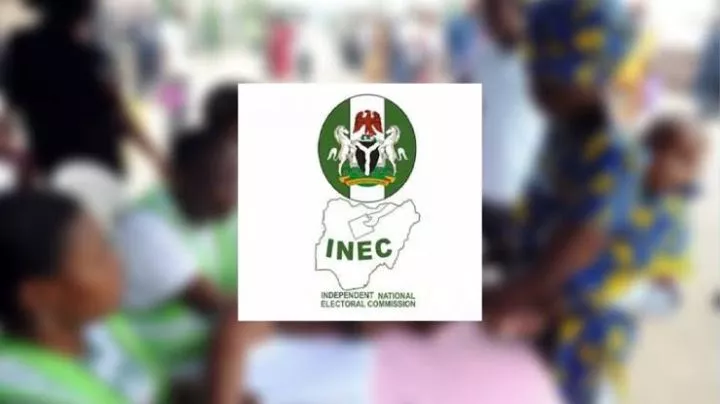
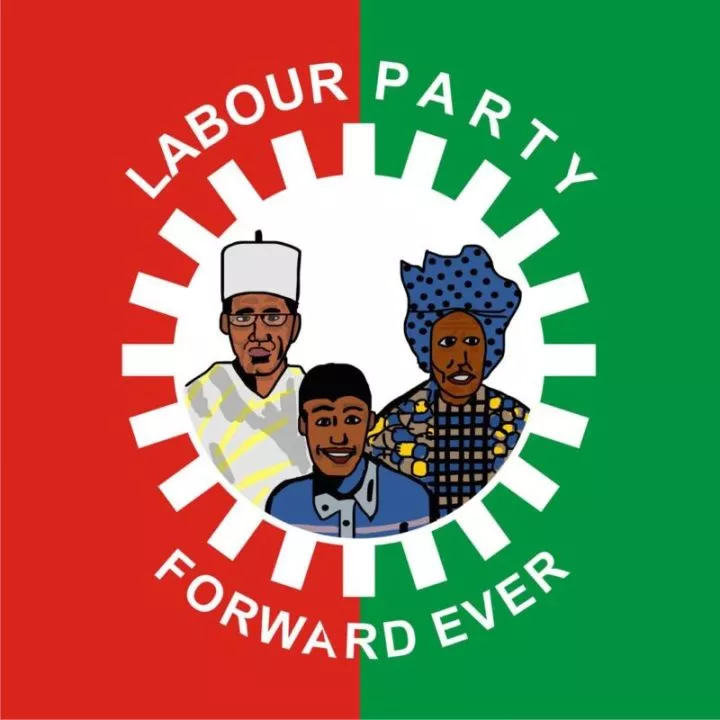
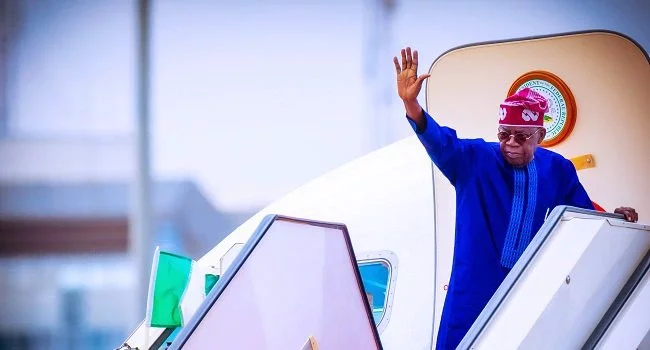
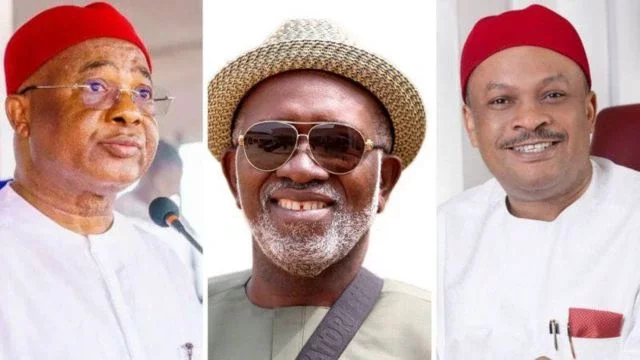
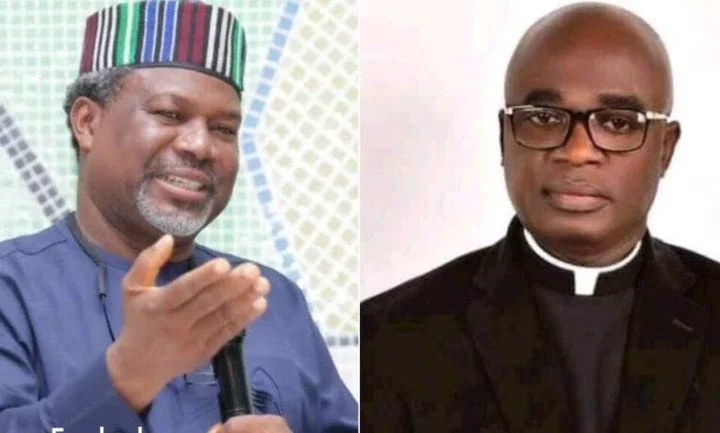
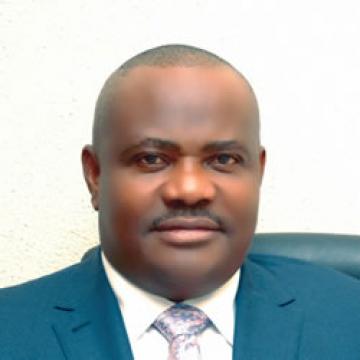
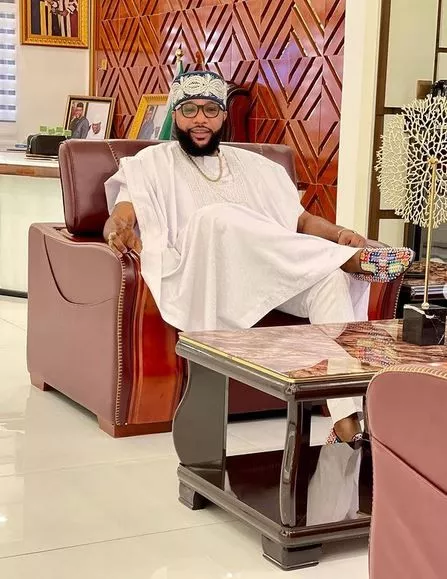
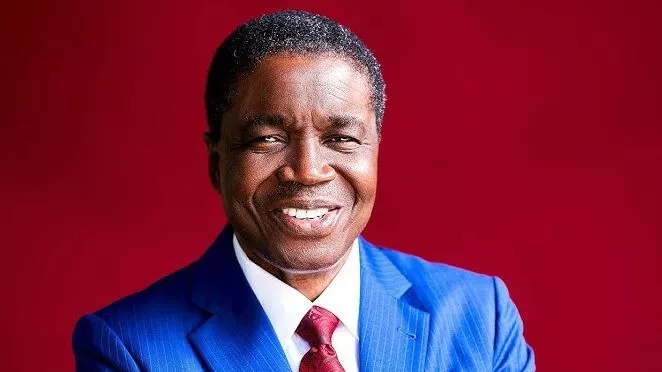







Comments